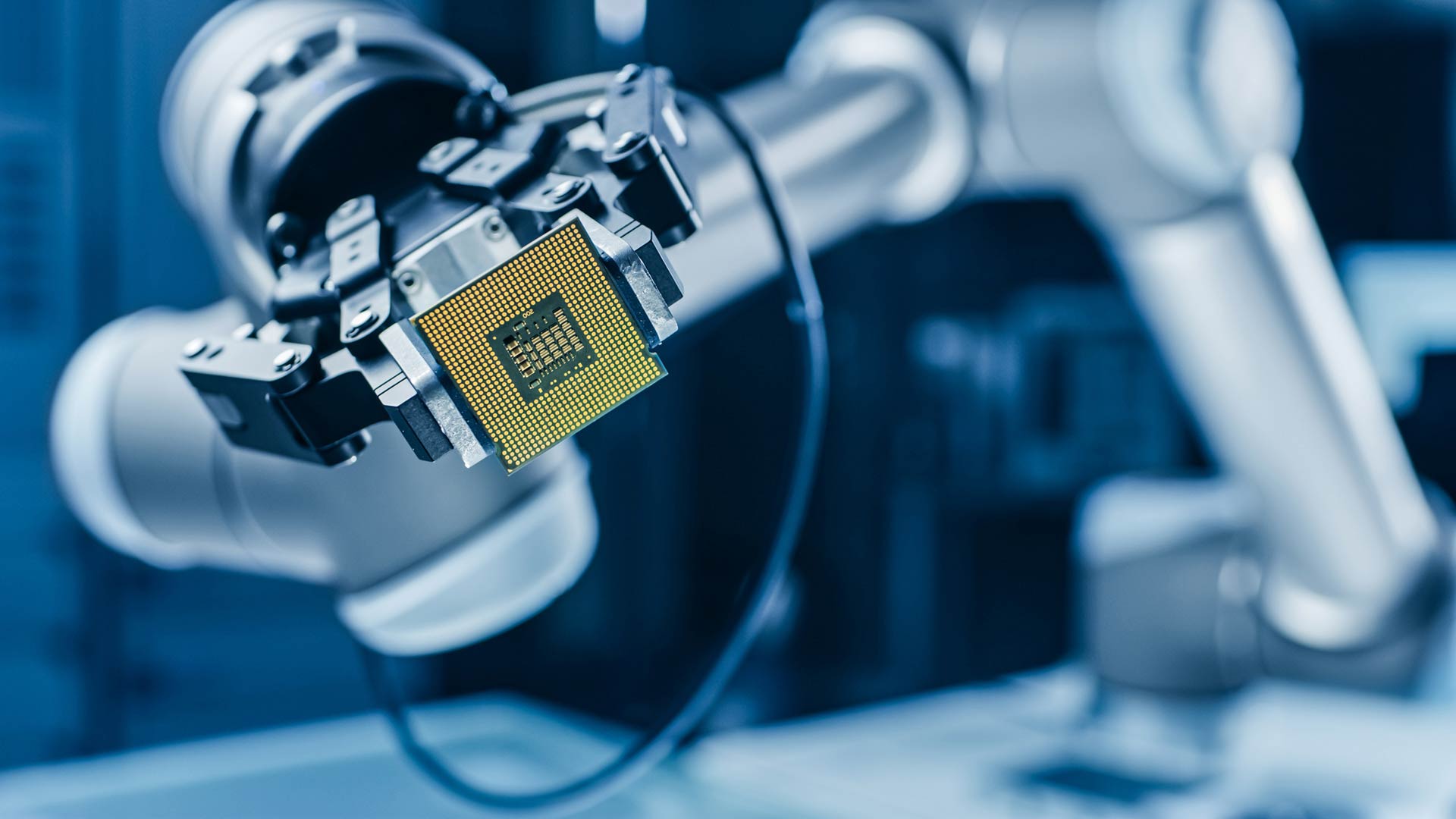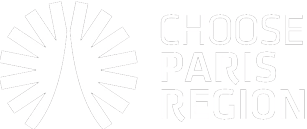
Earlier this year, Google opened an AI hub in the heart of the Saint Lazare Silicon. Vincent Simonet, Director of Engineering for Google in France, explains how this research center will contribute to the development of the regional ecosystem.
Why did you choose to open this hub in Paris?
France, and of course Paris Region, which boasts a first-rate ecosystem, is a major player in AI. It has considerable assets, thanks to its excellent training courses in mathematics, computer science and other business-related disciplines. These include the CNRS, INRIA, the Collège de France and universities such as Paris-Saclay, the École normale Supérieure (ENS), the École polytechnique, to name but a few! In Paris, and particularly in the central and highly accessible Saint-Lazare district, now known as the “Saint Lazare Silicon”, the hub will allow us to attract talented people, and cooperate with these institutions in order to foster fundamental and applied research in the field of AI.
What are its resources?
Google's AI hub currently employs 300 people, including researchers from the Google DeepMind and Google Research teams, and engineers who have developed flagship products such as Chrome and YouTube. But we've had R&D teams in Paris since 2011, and they've been growing ever since. The opening of this hub is a great opportunity to accelerate this work and help develop France's world-renowned AI ecosystem.
So what are the areas of study in your research?
A wide range of applications... For example, our Paris-based teams of Google DeepMind researchers have been studying how to use AI to optimize the design of AI-specific TPU chips. Thanks to their research and their use of “deep learning” methods, our teams can generate chip designs in considerably less time. These results have been made available to the research community via an article published in Nature, and the code has been released as open-source.
How would you like to contribute to the regional AI ecosystem?
We want to open this hub up to the ecosystem. Meetings, master classes ─ for AI students, researchers, NGOs and start-ups ─ will be organized at the hub. At Google, we believe that AI should be a collective issue.
What kind of partnerships are you looking for?
Through the CNRS Foundation, Google supports AI research projects at the CNRS. Focusing on topics such as safety and the environment, these studies will benefit from the advice and mentoring of hub researchers. Some French researchers are also using Google technologies to advance their projects. For example, CNRS researcher Eric Cascales has discovered how bacteria use a particular protein complex to deliver a toxin to kill other cells. He was able to use AlphaFold, an open-source artificial intelligence system developed by Google DeepMind to predict protein structures. A better understanding of this field can contribute to major advances in healthcare, such as the fight against antibiotic resistance, cancer treatment and the development of vaccines!
Does the hub also serve as a training ground for the region's professionals?
Training is an essential dimension in any technological revolution and one that takes on its full meaning with AI. Because beyond the technology, we need to support its use, so that AI is useful to everyone. The hub will offer professionals, particularly from small and medium-sized businesses, training on how to use AI tools and integrate them into their companies. This ambition is an extension of the “Google Digital Workshops” program launched a decade ago in France to train 100,000 professionals in AI tools by the end of 2025. We've already trained over 10,000 professionals in AI.
Would you say that Paris has become a key player in the AI race?
There's no doubt about it! There's a real political will to position France as a European leader in AI, at both national (with the creation of the strategic committee on generative AI) and regional levels. At the hub's inauguration, Valérie Pécresse, President of the Paris Region Regional Council, declared that “for 20 years, Google's presence in Paris Region has contributed to the vitality and wealth of this ecosystem”, and reaffirmed her support for “helping to develop the artificial intelligence sector in our region (...) so that Paris Region remains Europe's leading AI hub. ” The Hub will help foster communication between the region's various stakeholders and attract talented people. But research in this field is moving so fast that nothing can be taken for granted. We need to sustain this, and we hope that the hub will contribute to the progress of the French AI ecosystem...
© Artificial-Intelligence_AdobeStock_289023522_AI_72-dpi

